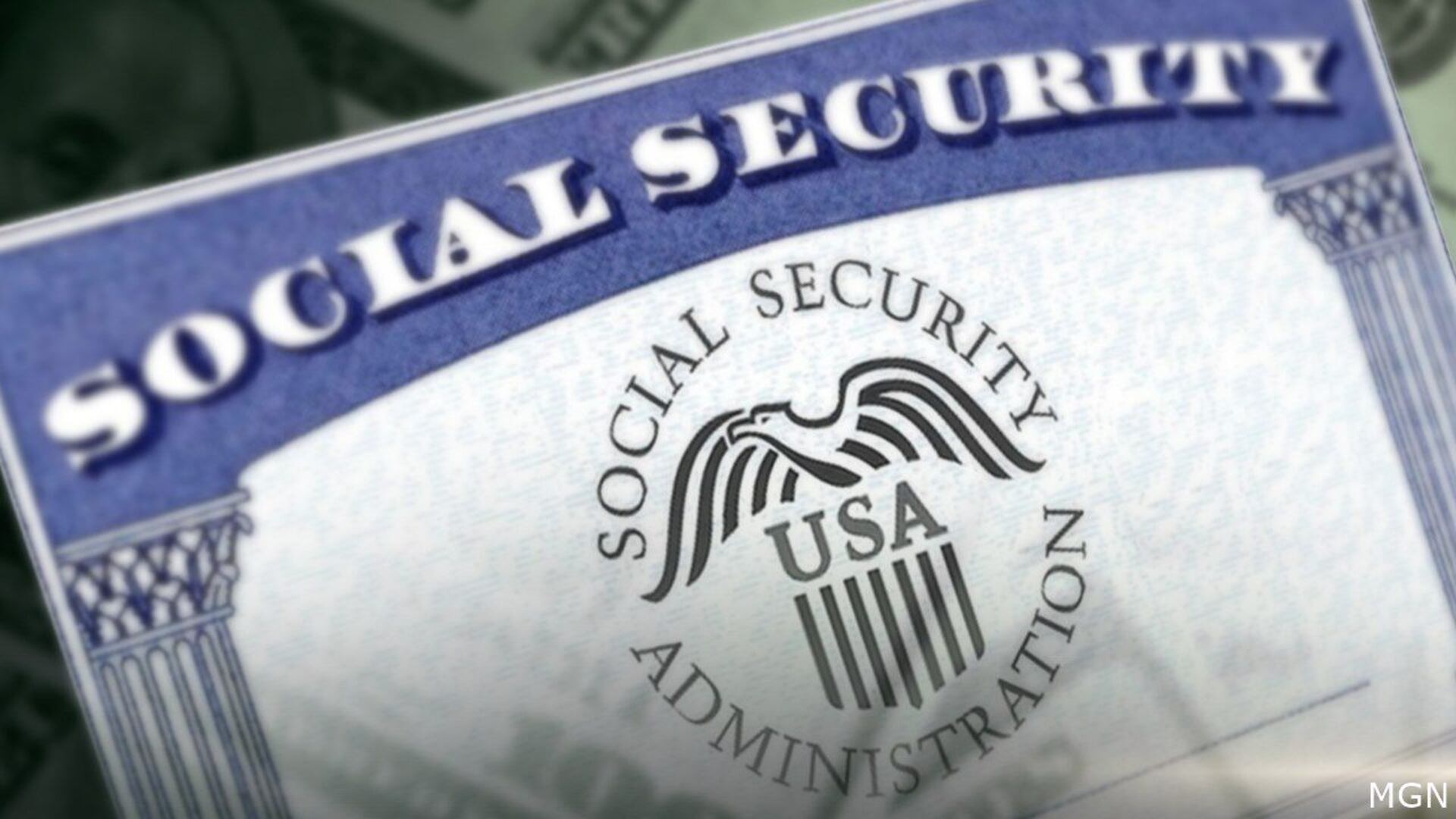Urgent Deadline: Senate Faces Final Hours to Pass Social Security Fairness Act – What It Means for You
The Social Security Fairness Act, recently passed by the House with overwhelming bipartisan support, aims to revoke two controversial federal provisions—the Windfall Elimination Provision (WEP) and Government Pension Offset (GPO).
Expanding Benefits for Public-Sector Workers
These policies currently reduce Social Security benefits for public-sector retirees who also receive government pensions. If passed, the legislation would increase benefits for nearly 2.5 million retirees, including firefighters, police officers, and teachers.

“For over 40 years, Social Security has been propped up by benefits withheld from millions of workers and their families,” stated the bill’s sponsors, Rep. Garrett Graves (R-LA) and Rep. Abigail Spanberger (D-VA). Despite strong Senate support, time is running out. The bill must pass before the year’s end to avoid expiration.
Addressing Long-Standing Inequities
The WEP and GPO provisions often penalize retirees who paid into Social Security through secondary jobs. For example, teachers working summer jobs covered by Social Security may see reduced benefits, even if they contributed enough to qualify. A study revealed that households affected by these provisions lose 20% of their lifetime Social Security benefits, reducing their total wealth by 5-6%.
Senators Sherrod Brown (D-OH) and Susan Collins (R-ME) joined Graves and Spanberger in urging swift Senate action. “Social Security’s solvency should not come at the expense of stolen benefits owed to retirees,” they emphasized.
However, the bill faces criticism for its fiscal impact. The Congressional Budget Office estimates that repealing WEP and GPO would add $196 billion to the federal deficit over ten years and shorten Social Security’s solvency by six months. Critics argue the changes disproportionately benefit higher-income retirees, shifting the financial burden onto others.
Challenges Ahead and Future Prospects
The Senate must garner 60 votes to pass the bill. If successful, it will move to President Biden’s desk, with changes effective for benefits payable after December 2023. However, a packed legislative calendar—including government funding, disaster relief, and defense bills—may delay action.
If the Senate fails to pass the act before the new Congress begins, lawmakers will need to restart the process. Another option is attaching the bill to a broader legislative package, but its fate remains uncertain.

Despite potential setbacks, proponents remain steadfast. “This is about fairness and honoring the contributions of public-sector workers,” said Brown. For many, the Social Security Fairness Act represents a long-overdue step toward equity in retirement benefits.


Comments are closed, but trackbacks and pingbacks are open.